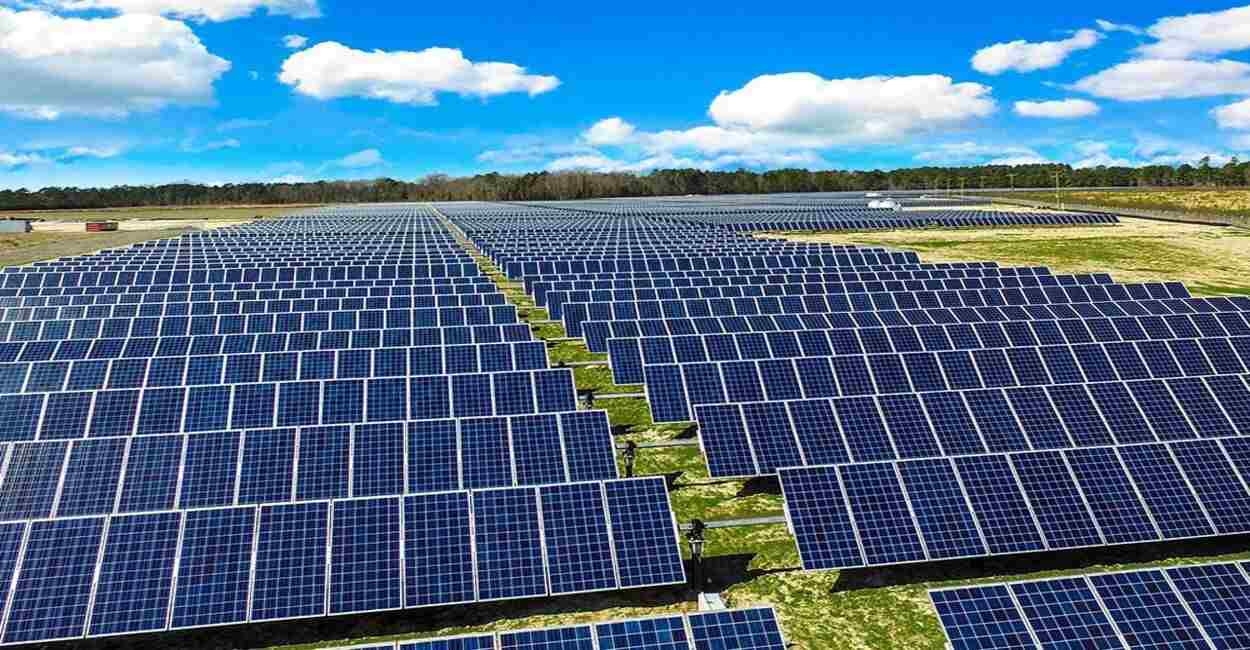How Solar Power Can Assist You Save Cash and Reduce Your Carbon Impact
The combination of solar power into your energy portfolio provides a compelling possibility for both economic savings and ecological stewardship. As numerous government incentives become available, the inquiry occurs: just how can one effectively browse the first financial investments and recurring advantages of solar technology to optimize both financial and environmental gains?
Comprehending Solar Energy Cost Savings
While the change to solar power typically entails a preliminary investment, recognizing solar energy financial savings is vital for house owners and companies alike. Solar power systems can dramatically decrease power expenses by utilizing the sunlight's power, translating right into substantial long-term economic benefits. By producing their very own power, customers decrease reliance on grid power, which is subject to varying costs. These savings can accumulate in time, commonly bring about a fast roi.
Moreover, solar power systems might receive different monetary incentives, including tax credit scores and rebates, better improving their cost-effectiveness. The availability of internet metering allows customers to offer excess power back to the grid, producing an additional earnings stream. These variables add to the total cost savings connected with solar power.

In addition to direct financial financial savings, solar power supplies the added benefit of boosting residential or commercial property worth. Residences outfitted with solar panels are usually extra attractive to purchasers, as they guarantee lower power costs - Simply Solar Illinois. Recognizing these aspects is essential for anyone thinking about solar power, as it highlights not just the prospective economic gains, yet likewise the wider environmental and economic benefits of adopting sustainable energy remedies
Preliminary Expenses vs. Long-Term Benefits
When examining solar power, it is necessary to consider the first expenses against the lasting benefits. The upfront financial investment for photovoltaic panels, installment, and associated devices can be significant, commonly varying from $15,000 to $30,000, relying on the system size and home energy requirements. This preliminary expenditure might hinder some homeowners; however, it is important to consider the prospective cost savings with time.
Once mounted, solar energy systems can substantially reduce and even eliminate monthly electrical power expenses, leading to significant long-term monetary benefits. Studies suggest that home owners can save anywhere from $10,000 to $30,000 over the life-span of their planetary system, commonly 25 years. Additionally, numerous states supply motivations, tax obligation credit scores, and refunds that can balance out preliminary prices, making solar more accessible.

Reducing Your Carbon Footprint
Minimizing your carbon impact is an important factor to consider in today's environmentally conscious culture, and embracing solar power is among the most reliable methods to attain this objective. Solar power is a tidy, renewable source that significantly diminishes reliance on nonrenewable fuel sources, which are major contributors to greenhouse gas discharges.

Furthermore, the prevalent fostering of solar innovation encourages the advancement of eco-friendly tasks and supports technologies in power storage and effectiveness. The more people and organizations invest in solar power, the greater the cumulative decrease in carbon exhausts, fostering a cleaner atmosphere for future generations.
Government Rewards and Rebates
Embracing solar energy not just profits the environment however can additionally result in substantial monetary savings, particularly with the availability of federal government incentives and refunds. Different federal, state, and regional programs are created to encourage property owners and businesses to spend in solar power systems, making the shift much more cost effective.
Among the most prominent incentives is the Federal Investment Tax Credit History (ITC), which permits solar system owners to deduct a substantial percent of the setup prices from their federal tax obligations. This motivation has been pivotal in lowering the go to my blog in advance expenses connected with solar power systems. In addition, many states use their try this out own tax obligation credit scores, gives, and discounts that can even more enhance financial savings.
In addition, some local federal governments supply real estate tax exemptions for solar installations, ensuring that house owners do not face raised home tax obligations as an outcome of their sustainable energy investments. Utility firms might also offer motivations, including internet metering and feed-in tolls, which allow solar power users to sell excess power back to the grid.
Selecting the Right Planetary System
Selecting the suitable planetary system is vital for making best use of energy efficiency and monetary advantages. The decision hinges on several variables, including energy needs, budget, and readily available room. Homeowners should begin by evaluating their power intake to identify the system size needed for ideal efficiency.
Next, consider the various types of solar technologies offered. Simply Solar Illinois. Solar (PV) panels are one of the most common, converting sunshine straight right into electrical power, while solar thermal systems concentrate on home heating water. Each kind has unique benefits depending upon private needs
Spending plan factors to consider are likewise extremely important. Initial setup expenses can differ substantially, so it is essential to contrast quotes from multiple companies and discover funding alternatives. Government rewards and discounts can even more reduce the financial problem, making planetary systems a lot more accessible.
Conclusion
In recap, solar energy offers a sensible option for achieving substantial cost financial savings while Source concurrently lessening carbon exhausts. The preliminary investment, though considerable, returns significant long-lasting monetary benefits, with prospective savings varying from $10,000 to $30,000 over 25 years. Furthermore, the environmental advantages of solar power contribute to sustainable practices crucial for combating climate change. Federal government rewards enhance the usefulness of solar modern technology adoption, urging a transition towards a cleaner, extra financially effective power resource.